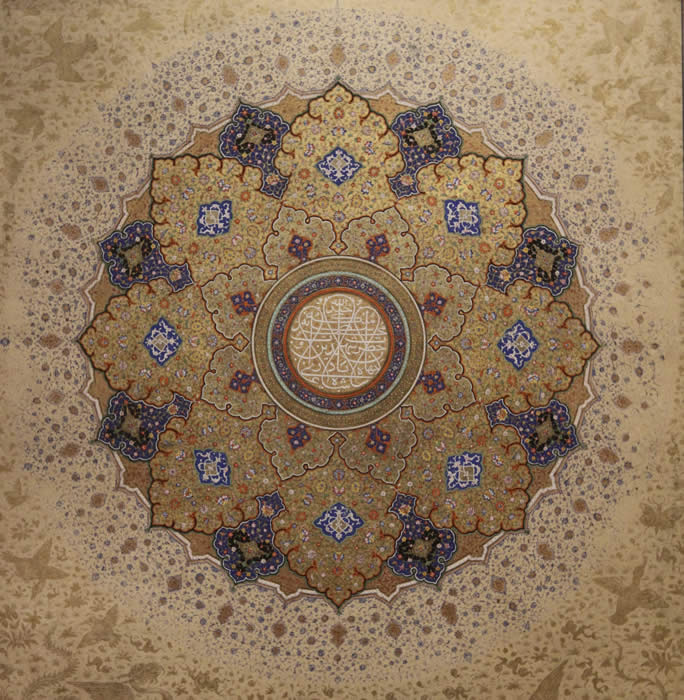
Al 'Arabi on incomparability, from the Futuhât al-makkiyya
"Tanzih is to describe the Real as having no connection with the attributes of temporally originated things."
"He who knows God through his considerative faculty looks upon Him as far removed from himself through a distance that demands the declaration of incomparability. So he places himself on one side and the Real on the other, calling to him from a far place."
"Some rational faculties are meddlesome because of the faculties which are their tools (for example, reflection and consideration)... This meddlesome nature leads them to rational consideration of the Essence of God, though the law has prohibited reflection upon God's Essence. "
"Glorification is to declare the incomparability of the Lord of inaccessibility above what they describe (Koran 37:180). "Inaccessibility" requires that true knowledge of Him cannot be attained."
"When someone declares God's incomparability, his declaration is measured according to his own level, since he does not declare his Creator's incomparability except in respect of himself, since he knows only himself."
The Sufi Path of Knowledge, William Chittick, State University of New York press, 1989, pages 70 –71
Commentary
These quotes are but a small selection of the comments made on this particular subject. Interested readers should refer to Chittick's much more extensive analysis for an in-depth treatment of the subject.
Al 'Arabi's doctrine of incomparability is a central part of his theological premises, according to Chittick. This doctrine displays overall consistency with Islamic philosophy, although in the end it may provide few comforts for fundamentalists and literalists. The implications of this doctrine are that all exoteric attempts to understand God will inevitably fail, regardless of how well meant they are.
The doctrine adheres, overall, to the same essential principles as the Gnostic tradition expounded in The Cloud of Unknowing, a seminal Christian text whose origin in the late Middle Ages makes it roughly contemporaneous with al 'Arabi's work. The first quote also aptly mirrors Zen concepts of the Dharma.